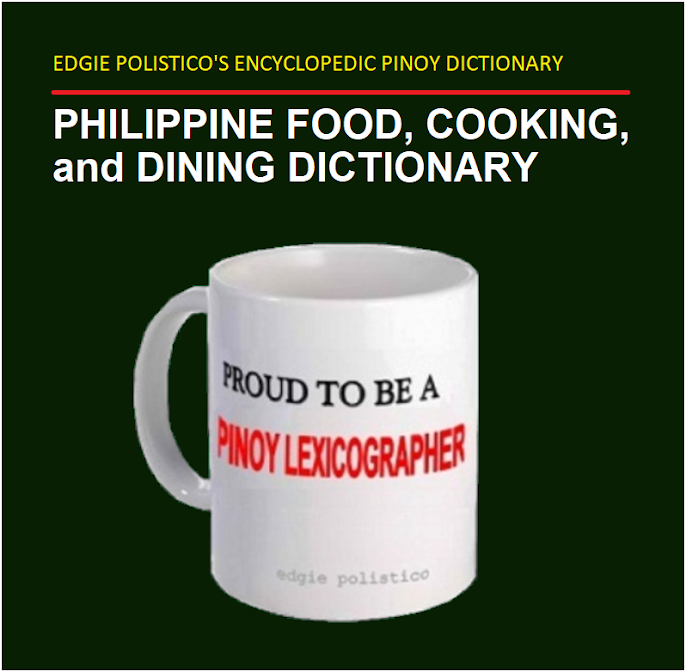
sadya - /sad-yâ/ Caviteño [Tanza, Cavite] bread; dw Tag. sadya [special]) [n.] specially baked bread roll of Tanza, Cavite.

Loaves of sadya at PHP65.00 a piece (2017).
A big-size version of Philippine monay bread made special by the Kaibigan Bakery of Brgy. Biwas, Tanza, Cavite.
You have to come early because this bread is fast selling in the morning. By past noon, all are gone - sold out.
Sadya is a Tagalog word, which means intent or purpose. For this bread, sadya is a descriptive name to mean "specially made" with a purpose or intent to satisfy the customer (or anybody else who will take this bread). It is called sadya because the baker has to make this bread a pinasasadya or what we fondly called now as "special." It is done by using specific ingredients and by following specific baking procedures.

Suggested serving is to split the loaves into halves then slice the half into slabs.
Sadya of Tanza is made special by Kaibigan Bakery with special ingredients and flavors added to the dough. It has plenty of itlog na pula (salted eggs) that are fresh and uncooked (not boiled) and premium butter. Kaibigan Bakery now preferably used Magnolia Gold Pure & Creamy Butter. In the past, an unrecalled brand of premium butter was used.

Suggested serving is to slice the halves into slabs, to make it easy to spread with jam, peanut butter, mayonnaise, or pesto. You may also sandwich or top the sliced bread with fried egg, bacon, greens, or whatever you like.
Sadya is one of the old-time Caviteño favorites that you can buy best from Kaibigan Bakery, a Caviteño panaderia established in 1920.
A loaf is sold at PHP65.00 a piece in the bakery as of 2017. Priced more if you buy it from the resellers in Tanza public market. But you have to come early because this bread is fast selling in the morning. Past noon, all are gone - sold out. Over the years, the Kaibigan Bakery had not opened any branches. It would just distribute its freshly baked bread to a number of resellers in the public market of Tanza, Cavite.

My first visit at Kaibigan Bakery on its original spot along Hugo C. Arce Street in Brgy. Biwas, Tanza, Cavite.
My special thanks to a good friend, Ige Ramos for bringing this up first in his Facebook posts. It was like a whiff and I followed the smoke that eventually led me to where the Kaibigan Bakery when I happened to be in the coastal side of Cavite province. He was right of describing it as ang tinapay na amoy usok (smoky). It is the compliment of smoky flavor from firewood-fueled pugon, a traditional oven of bricks laid on thick bed insulation of sea salt.
If you liked this blog, please share.
Let us know your opinion on the subject. Feel free to comment in the comment section, below. It is important for us to know what you think.
Tell us what other topics you would like us to write, share, and discuss.
_______________________
All photos by Edgie Polistico are copyrighted. ALL RIGHTS RESERVED.
For more about Filipino food, see this Philippine Food, Cooking, and Dining Dictionary. It is OPEN and FREE.
Continue to follow my blogs. You can also follow and learn more by joining us in our Facebook group account of Philippine Food Illustrated (Private) and Philippine Food Illustrated (Public) It is my pleasure to rediscover the known and least known things or the unheard ones and put them here for everyone to find, learn, and treasure.
Thank you for all the encouragement and enthusiasm. I need also moral support, prayers, and anything else that can uplift my spirit and keep my good reasons.
If you are pleased and happy with this blog, please share the PHILIPPINE FOOD ILLUSTRATED. It is energizing that my blog becomes one of the reasons why someone is happy and smiling.
Edgie Polistico





